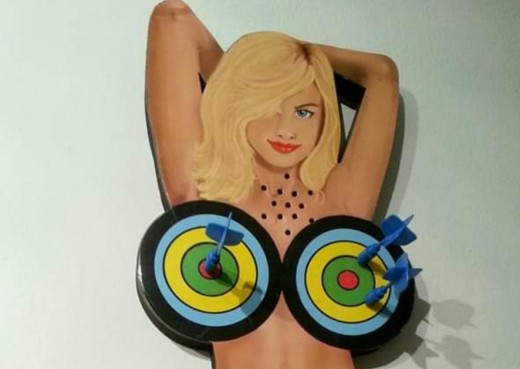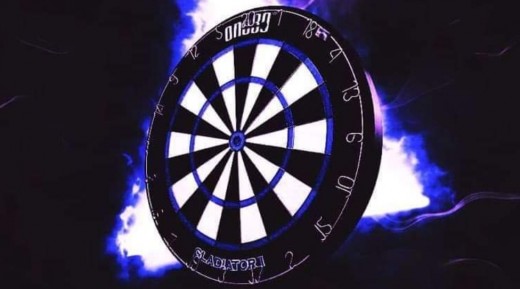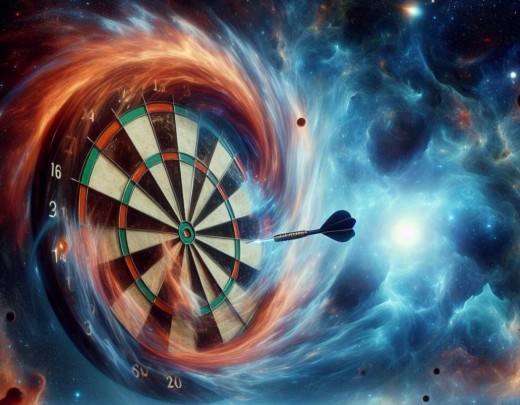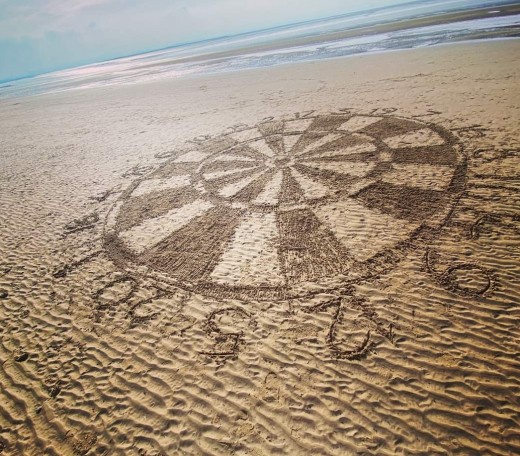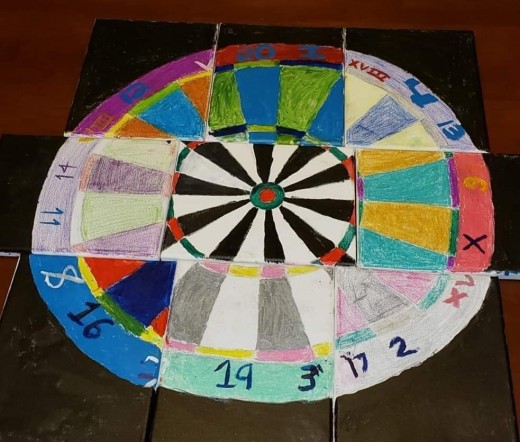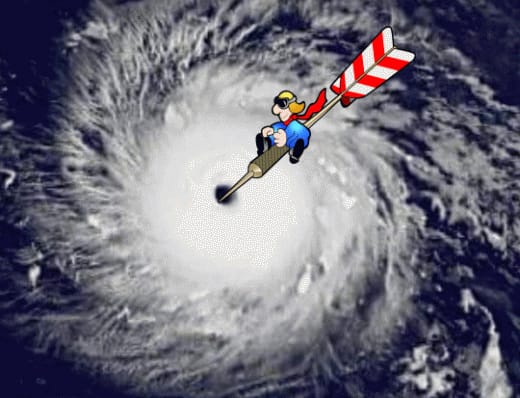Column #CM145 The UK Open 2025 – will a Luke be the winner?
Monday, March 10, 2025
Column CM145
The UK Open 2025 – will a Luke be the winner?
The weather on the final day of the UK Open was as fine as on the days before. The wind was a little bit stronger and on the Bristol channel there was a lot of ship traffic. The …
Column #CM145 The UK Open 2025 – will a Luke be the winner? Read More »
Charis' Column
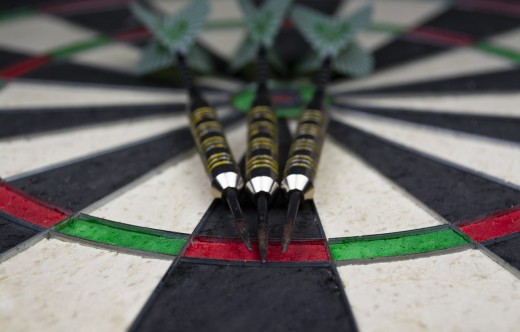
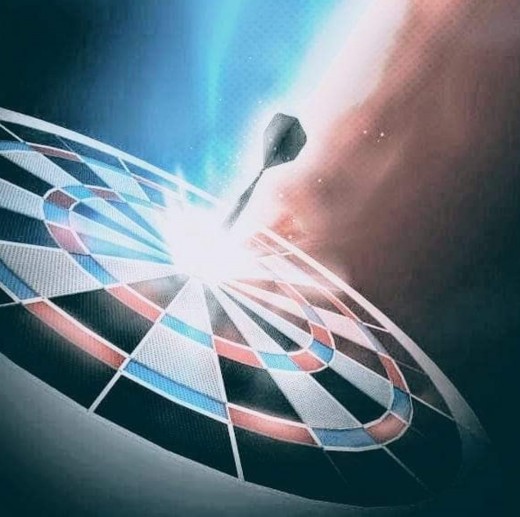
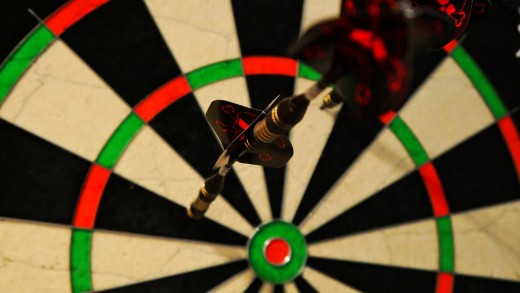
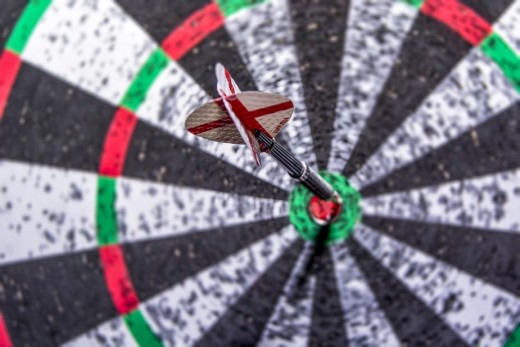
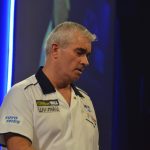 Steve Beaton is another of the players who missed this PDC World Championship – a World Championship in …
Steve Beaton is another of the players who missed this PDC World Championship – a World Championship in …